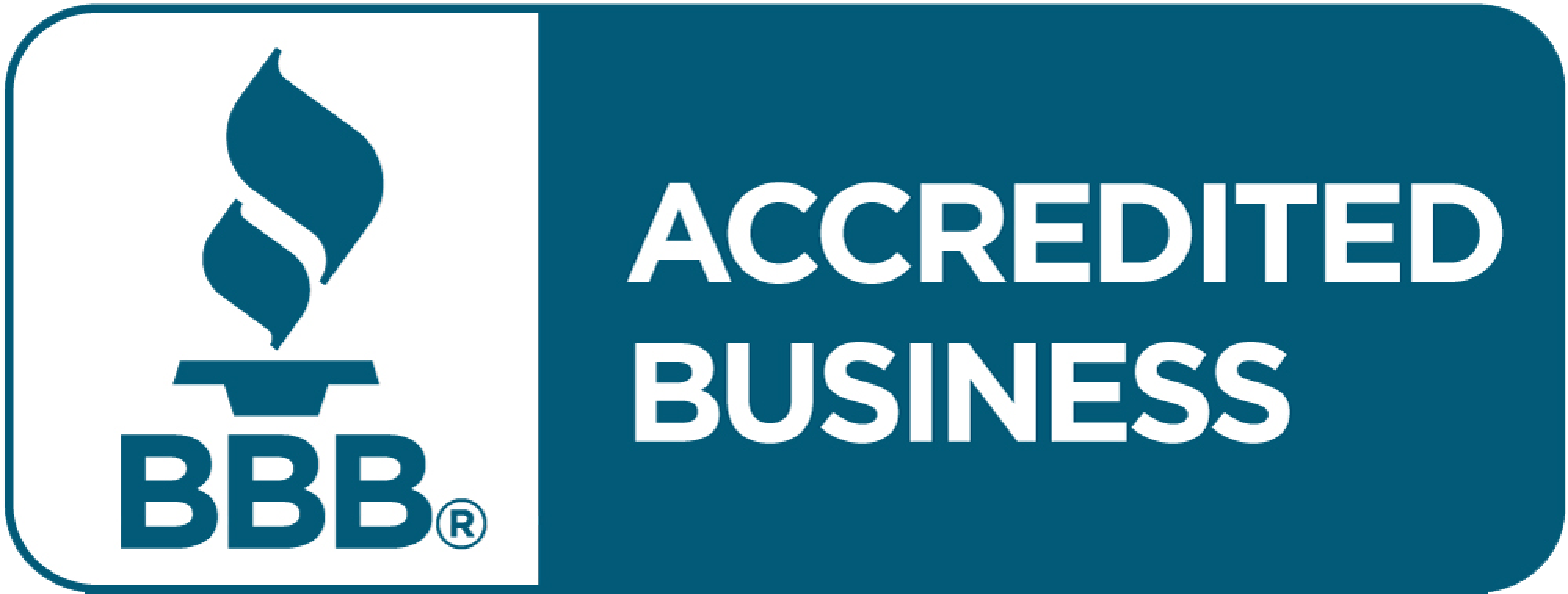Your Merchant Account Has Been Closed
So, your business is up and running. There have been bumps and challenges along the way, but it seems like things are moving forward. You’re busy building the business and making ambitious plans for the future. Then, suddenly one day, you have no revenue coming in, and you find out that the bank has closed your merchant account. Most of your customers pay by credit card, and it is unlikely that they are going to start paying in cash.
Is it the end of the world? No, and it doesn’t have to mean the end of your business, either. While it is true that a terminated processing agreement and a closed merchant account can have a long-term impact on your business operations, the setback doesn’t have to become a tragedy. There are a number of things that you can do if the agreement with the bank has already been terminated, you have received notification that your account will be closed, or you suspect that it will be closed.
Merchant Accounts Are Different
One thing that you need to keep in mind is that merchant accounts differ from typical consumer checking and savings accounts. While those accounts are depository—in short, a place to store your money—a merchant account is actually a line of credit. Two lines of credit are involved each time a credit card is used to make a payment.
The first is the line of credit provided by the credit card company. The company extends credit by making payments on behalf of the cardholder. The cardholder is then required to repay the credit card company according to the conditions stipulated by the company and accepted by the cardholder at the time the card is issued. That typically means paying at least a set portion of the purchase price as the principal plus a certain percentage as interest, which is billed with a monthly statement. The second line of credit is that provided by the bank to the merchant. The bank extends credit to the merchant by depositing funds into the merchant account before the cardholder has actually made the payment.
As with any line of credit, merchant accounts involve a certain amount of risk. There is a gap between the time when the bank deposits money into the merchant account and the time when the cardholder makes a payment. That gap constitutes high-risk space for a variety of situations to develop, such as the merchant going out of business, chargeback costs exceeding the account balance, or the merchant committing fraud against customers or the bank.
Why Did This Happen?
So, why did the bank close your merchant account? We first need to keep in mind that banks, like any company or individual, have to protect themselves. That means protecting its assets. This is why traditional banks tend to be reluctant to provide merchant accounts to businesses that are considered to be high risk. It also means that if a bank judges that the risk posed by a certain merchant has exceeded acceptable levels, it is likely that the bank will terminate the processing agreement and close the merchant’s account, often very abruptly and without much advance notification.
Generally speaking, there are three things that are most commonly the reason that a bank closes a merchant account. It should be noted that these are also three of the main things that get a business or industry labeled “high risk.” The three things are as follows.
Chargebacks
Chargebacks differ from normal refunds in that they are essentially forced refunds of credit card payments. Excessive chargebacks are the leading reason that banks close merchant accounts. Banks and credit card companies set thresholds for chargeback ratios, which differ by company, etc., but typically do not exceed 1% or 2%. The threshold for a high-risk business could be even lower, and it is likely that the bank will close your merchant account long before the credit card company’s thresholds have been exceeded.
Actions by the merchant that violate the terms of the agreement
This can happen in a variety of ways depending on the specific agreement, but two of the most common are depositing money on behalf of other merchants or having multiple merchant accounts with different banks (which is usually prohibited in the processing agreement).
Fraud
The most serious of the three main reasons banks close merchant accounts is fraud . That of course means not only that the business will lose its ability to accept payments, but also that the business owner, etc., could face criminal charges as well. The most common ways in which fraud is committed in this context include misuse of credit card information, conducting fraudulent transactions, failing to deliver the purchased products and services, engaging in misleading or false advertising, and overcharging customers.
Now that we have discussed some of the reasons that banks, etc., cancel processing agreements and terminate merchant accounts, in Part 2, we will look at some signs that your account is in danger of being closed, and what to do in the event that it actually is closed.
Table of Contents
- - Your Merchant Account Has Been Closed
- - Merchant Accounts Are Different
- - Why Did This Happen?
- • Chargebacks
- • Actions by the merchant that violate the terms of the agreement
- • Fraud





